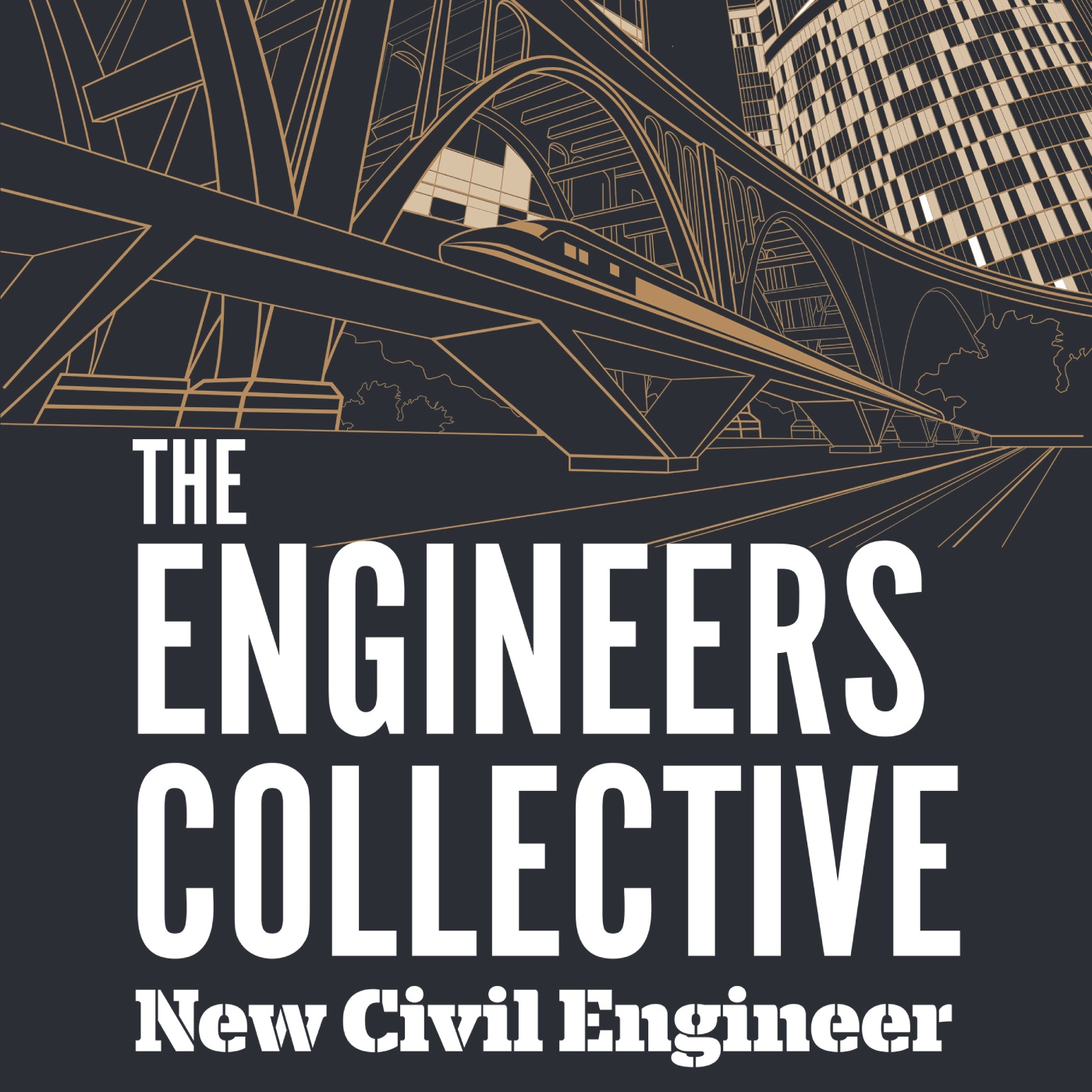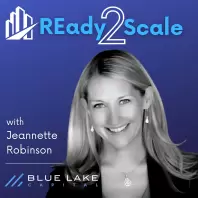The latest episode of the Engineers Collective is out now: listen in on Spotify, Apple Podcasts, your usual platform or the player below.
In this month’s episode we discuss the UK’s long-term plan for a vast underground storage facility for nuclear waste – known as a geological disposal facility (GDF) – with Nuclear Waste Services (NWS).
NWS chief scientific adviser Neil Hyatt and NWS head of major permissions Malcolm Orford join host Rob Hakimian to discuss the need for a GDF, especially in the context of the UK ramping up its nuclear power intentions. They discuss examples of similar facilities being developed elsewhere in the world and how the UK’s will compare.
Malcolm and Neil also talk about the long process of getting to build a GDF, including the extensive dialogue and collaboration with the communities that could potentially host it, the in-depth siting process, and what NWS is looking for to determine its final location.
Looking even further into the future, the guests tell Rob about the potential construction and engineering that would be required to undertake an infrastructure of this scale and when we might see work begin.
Prior to the interview portion, Rob is joined by NCE senior reporter Tom Pashby to discuss the recent annual review from the National Infrastructure and Service Transformation Authority (Nista), which gives green, amber or red ratings to all of the UK’s in-development infrastructure projects based on how likely they are to be delivered.




















